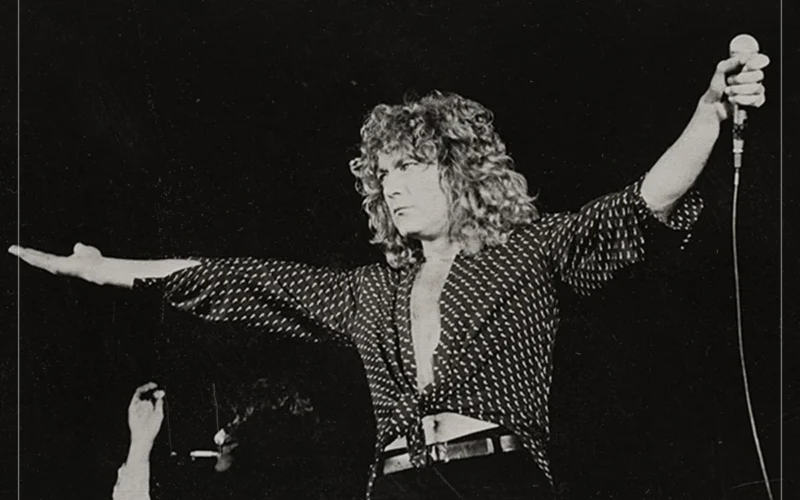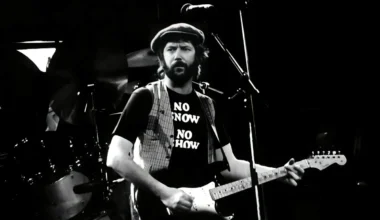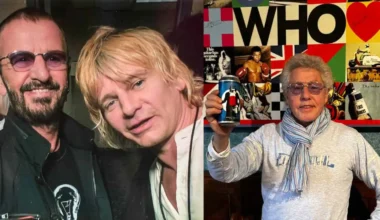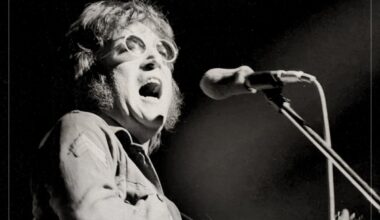There’s a speech that Jack Black gives at the Kennedy Centre when indicting Led Zeppelin, and in it, he suggests those who aren’t obsessed with the band to do a marathon of their album. His request, rightfully so, is met with chuckles from the crowd.
“Led Zeppelin… the greatest rock and roll band of all time,” he said. “Better than The Beatles, better than The Stones. And if you don’t agree with me, that’s because you haven’t done the Zeppelin marathon. It’s when you sit your ass down and listen to all nine Zeppelin albums in a row.”
While Black makes this suggestion with a touch of humour, it certainly would be an interesting experience. Led Zeppelin have cemented themselves as a legendary rock band for a few different reasons, but one of their most prolific attributes is the fact that they have never been afraid to merge different genres within their work.
Ian Anderson once credited the band with showing him how to engage with genres that didn’t specifically fit within the “rock” scene. For many bands, Led Zeppelin were a guiding light, as they showed that while hard rock music was still as hard-hitting as ever, it could have a number of other styles incorporated into it, all of which make for a truly unique sound.
This was always Jimmy Page’s intention. The moment he managed to rustle up his band members, he intended to make music that was a mosaic of different styles, as opposed to one specific genre. “I wanted Zeppelin to be a marriage of blues, hard rock and acoustic music topped with heavy choruses – a combination that had never been done before,” explained Page. “Lots of light and shade in the music.”
Subsequently, while Jack Black might have been joking about listening to every Led Zeppelin album all the way through, if you did, you would be taken on a journey that expands multiple genres of music. No two albums would sound the same as the band so willingly dances around a range of various styles of music, blending them seamlessly into what remains a cohesive and exciting sound.
That being said, while there are a number of different genres of music at play throughout Led Zeppelin, there is no escaping the fact that some styles are built into a rock band’s foundation. The truth is that if you were a rock band making music in the 1960s, you were doing so as a derivative of the blues. It was impossible to find a rock musician who didn’t have a love for that genre that set the foundation, and Led Zeppelin were no different.
One blues musician whom Plant had a particular affinity for was Howlin’ Wolf. He was a prolific blues artist whose knowledge of the blues and execution of it were looked upon in adoration by all those around him. During his time on Desert Island Discs, Plant spoke about his love for Howlin’ Wolf and how his work with Willie Dixon gave him a sound that couldn’t be contained on this planet.
“Birmingham Town Hall had several years of these remarkable visitations from musicians like Muddy Waters, Howlin’ Wolf, Little Walter,” Plant concluded. “Howlin’ Wolf to me, he’s… magnificent, strong, powerful and his lyrics – I think a lot came from Willie Dixon to make his songs absolutely otherworldly.”






